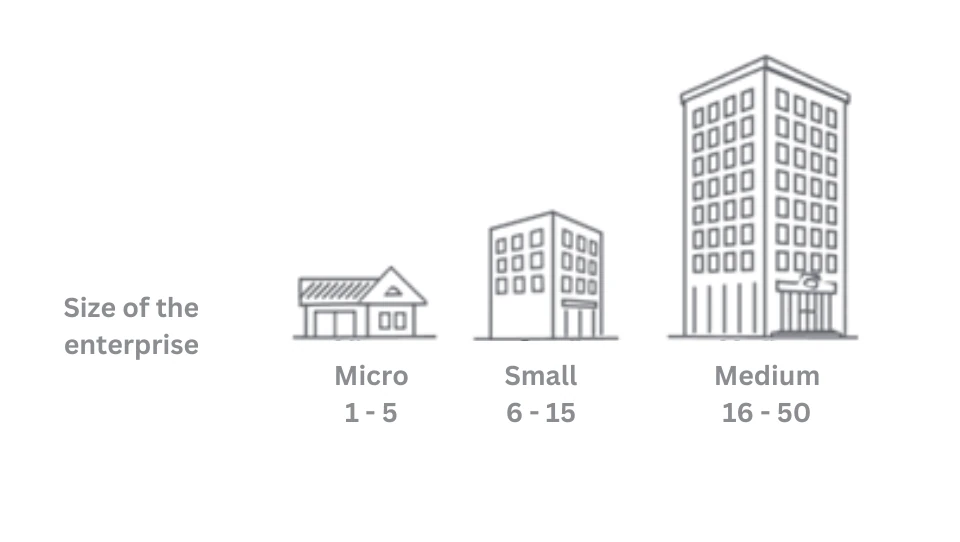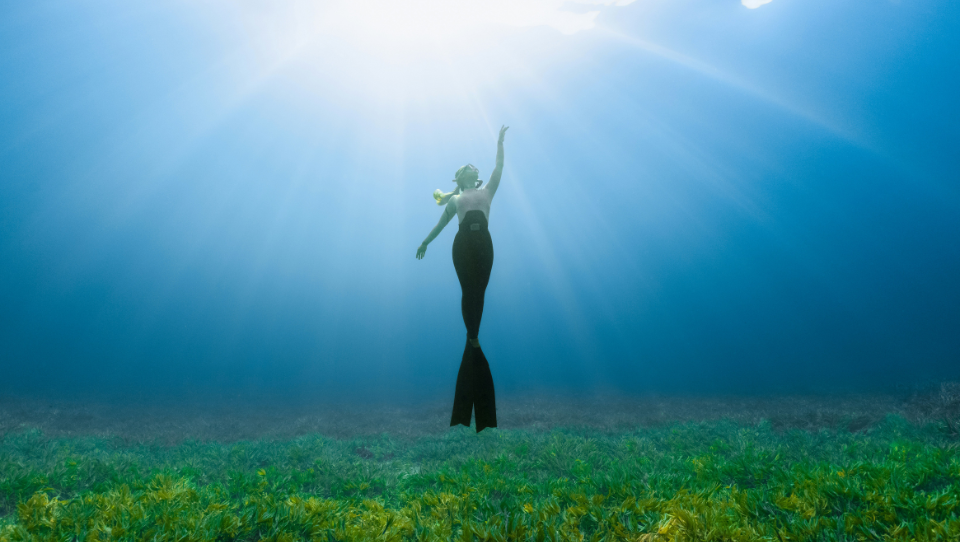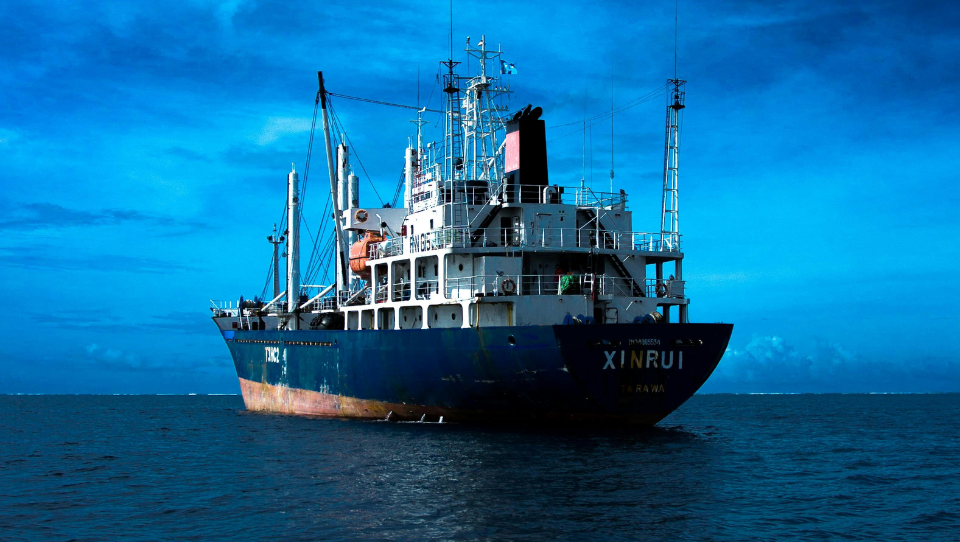Matching Grants Eligibility Guidelines and Criteria Matching Grants

This is a financing mechanism to support MSMEs and communities in the blue economy value chains (such as tourism, fisheries, and waste management) in Saint Lucia, Grenada, and Saint Vincent and the Grenadines. It was designed to support the strengthening of the enabling environment for the blue economy of the Caribbean. The goals of the OECS-led MGP are simple. We want to improve the quality of life of OECS citizens.
Our targeted outcomes are to:
- Increase employment and job opportunities
- Increase productivity
- Promote innovation
- Build resilience
- Stimulate economic recovery
Matching Contribution
The MGP offers financial assistance through two (2) distinct windows: Window 1 focuses on supporting individual MSMEs, while Window 2 is dedicated to assisting MSME value chain groups.
Window 1 - Individual enterprises can apply for grants ranging from $5,000 to $25,000 USD
Window 2 - Value chain groups consisting of multiple firms working collaboratively can apply for grants ranging from $100,000 to $200,000 USD
Process
Call for Proposals
OECS MGP Unit publishes a call for proposals.
Project Design
MSME works together with an OECS-contracted Business Development Services firm to develop grant application.
Application – 30 days
MSME submits complete grant application to OECS MGP Unit.
MGP Unit acknowledges receipt of application and staff reviews application for completeness.
Decision – 45 days
MGP Unit forwards application to OECS Grant Committee for review and decision.
MSMEs are informed of OECS’ decision. If approved, the primary project contacts will receive an announcement letter, which gives instructions about the payment process.
Implementation – Up to 1 year
OECS releases grant funds.
MSME implements the project.
MSME submits monthly progress reports
until the project is completed.
MSME submits the final report.
OECS MGP Unit closes the Matching Grant file.
Eligibility Guidelines
Matching Grants must help strengthen the economic capability of the MSME to effectively compete and grow within its respective sector (tourism, fisheries or waste management). It should be rooted in the principles of sustainable development.
Specific eligibility criteria include:

- Be legally registered and operating in one of the following OECS member states: Grenada, Saint Lucia, and Saint Vincent and the Grenadines.
- Provide Articles of Incorporation or other documentation which substantiates the legal character/registration
of the entity in country of operation. - Have been in operation for at least two (2) years, supported by financial statements for the last two years,which can be audited or unaudited but must be presented according to international financial reporting standards.
- Demonstrate a commitment to growth, job creation (particularly for women), innovation, and building back better. The MSME owner/manager must also demonstrate strong entrepreneurial traits.
- Promote blue value chains that rely on marine and coastal resources, enhancing economic value and sustainability of the natural capital (blue economy). A track record indicating potential for business success and competitive advantage, demonstrated by at least one year of business performance before June 2023.
- Show financial health/awareness through well-constructed cash flow and income statements, and balance sheets. These can be constructed with the help of the program/Consultant to enable a good understanding of the financial position of the MSME.
- Ability to articulate a credible demand for the types of products and services they are offering, considering different market segments, cyclic nature, and substitutes. The MSMEs should also articulate the financial and technical viability of their businesses with support from the Consultant.
- Identification of viable interventions for advancing the growth of the business.
- MSMEs should not be engaged in activities that lead to significant conversion or degradation of natural habitats or in practices that lead to negative environmental impacts or adverse socio-economic impacts.

Focus Area | Eligible | Ineligible |
|---|---|---|
Fisheries Sector (including Aquaculture) |
|
|
Tourism Sector |
|
|
Waste Management Sector |
|
|

We welcome applications from a wide range of MSMEs operating within the blue economy space (tourism, fisheries and waste management). The following organisations however are NOT ELIGIBLE for matching grant support:
- Business Support Organisations (Businesses that provide various forms of support, guidance and resources to MSMEs with the aim of fostering growth, development and the competitiveness of them)
- Governmental organisations (core ministries and statutory boards)
- Educational institutions such as universities and schools; non-governmental organisations (including but not limited to human rights organisations, social clubs, associations, charities), religious institutions, and political institutions


